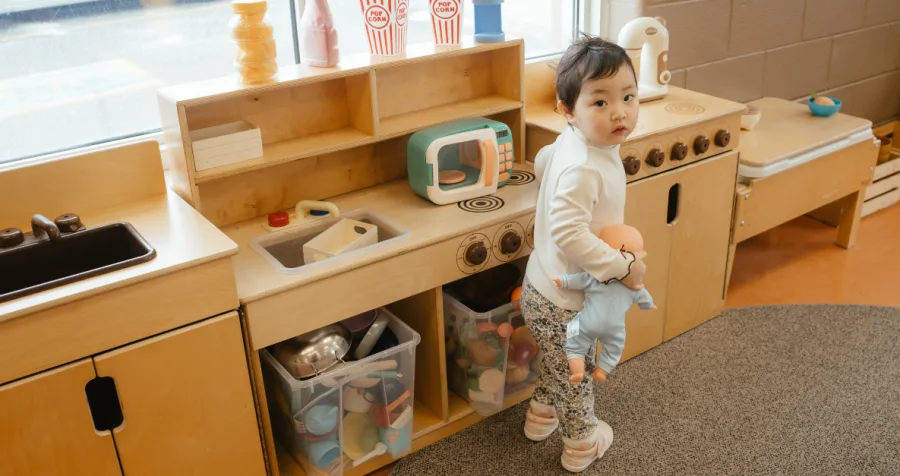Why overscheduling hurts your child and 6 tips to prevent it

With updates from Tia Chung on November 6, 2025
As parents, we all want the best for our children. We want them to explore their interests, learn new skills, and have fun. But sometimes, in our effort to give them every opportunity, their schedules — and ours — can get too full.
If you feel like your days are a hustle, you’re not alone. Here are some simple ways to avoid overscheduling and help your children enjoy a more balanced, joyful day.
1. Look for signs of burnout
Children don’t always have the words to say, “This is too much for me.” But their body language and behaviours can convey that they are overwhelmed. Some signs of overscheduling in children include:
- Being extra tired or having trouble falling asleep
- Moodiness or anxiousness
- Lack of excitement about activities they used to enjoy
- Struggling with homework
If any of this sounds familiar, it might be time to pause your busy schedule.
2. Leave room for free time
Downtime isn’t wasted time. It’s when creativity blooms and children process what they’ve learned, rest their bodies, and just be themselves.

Whether they’re building a blanket fort, pretending to run a restaurant with their stuffed animals, or simply daydreaming — unstructured play is healthy and excellent for their development.
3. Think quality over quantity
It’s great when children want to try everything, but that doesn’t mean they have to do it all at once. Ask your child what activities they love most, then focus on one or two at a time.
This makes it easier for them to enjoy each experience, rather than rushing from one thing to the next. Bonus: It’s easier on your wallet and your calendar.
4. Make space for connection
Family dinners, weekend walks, and board games are a few examples of moments that really matter. When your child isn’t overscheduled, there’s more time to connect with loved ones.

These everyday moments help build strong relationships, which are just as important as any extracurricular skill.
5. Let your child take the lead
Children grow when they’re part of the planning. Sit down together and talk about the previous week, reviewing what they found exciting and tiring and what they want to try next.
This teaches important life skills, like balance, time management, and listening to their own needs.

6. You don’t have to do it all
There’s a lot of pressure on families today to fill every minute. But the truth is, your child doesn’t need a packed schedule to thrive. They need time to learn, play, rest, and feel loved.
At the YMCA of Greater Toronto, we offer programs that fit your family’s rhythm. Whether your child wants to explore sports, arts, or STEM, we’re here with caring employees and flexible options that support their growth and your peace of mind.
Finding the right balance takes time. By slowing down and focusing on what truly matters, you give your child the space to grow and play. Sometimes the best moments happen in the quiet pauses between activities, and those memories last a lifetime.










